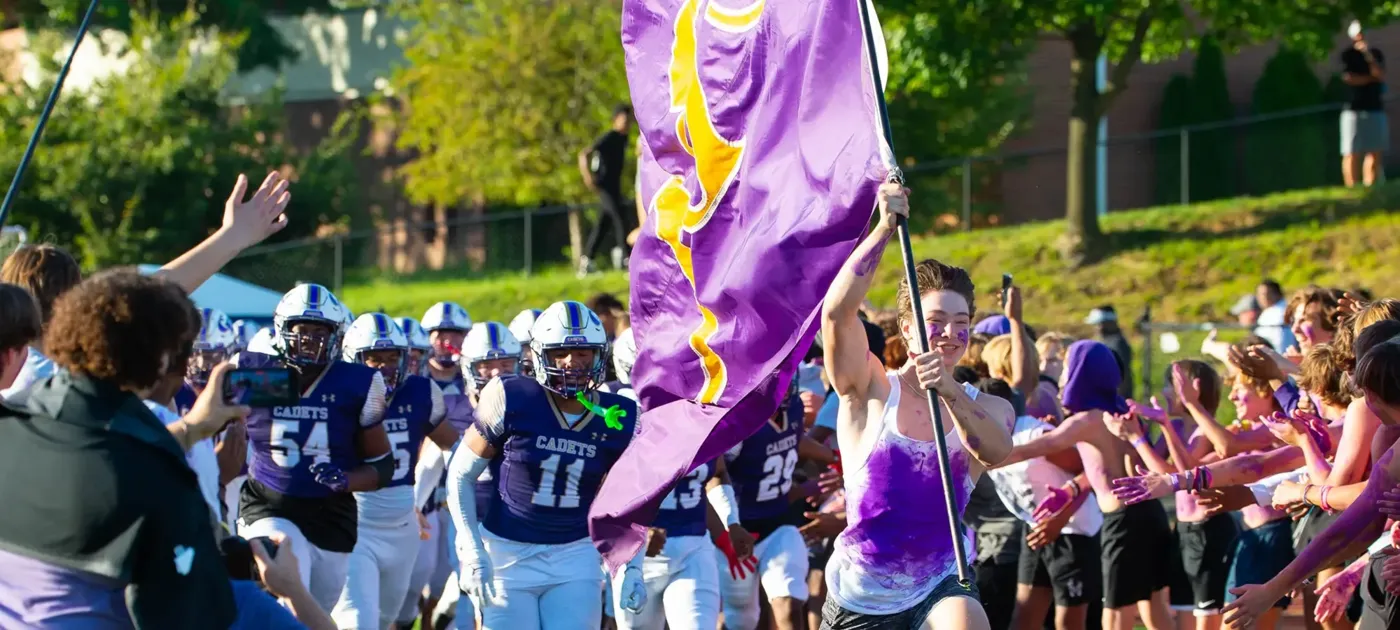News
Summer Camps 2025
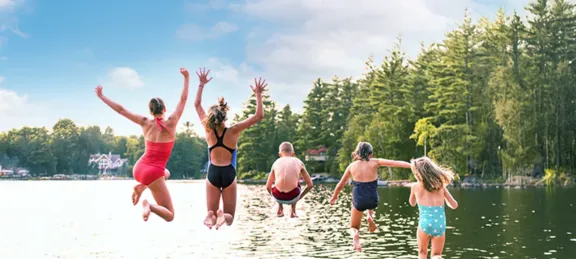
Plan your child's summer! Our curated list of 2025 camps is an unparalleled opportunity for you to find extraordinary experiences for your children. More…
To Be Ready for Kindergarten, Teachers and Researchers Say Social-Emotional Skills Are Key
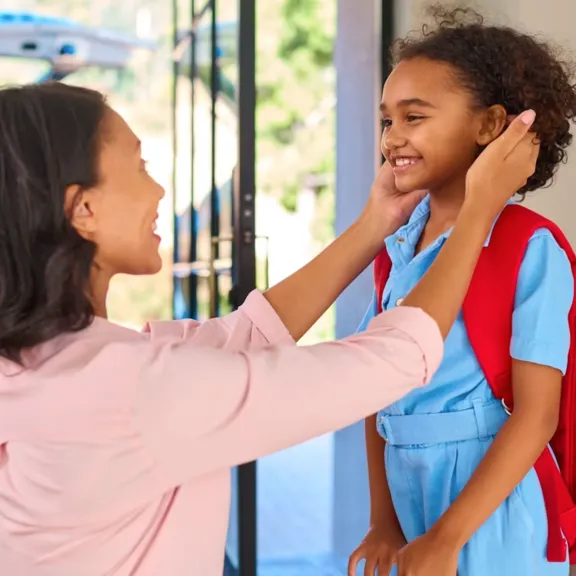
EdSurge asked education leaders and child development experts about the skills that are most important for a child to have when they start school. More…
Gen Zers to Their Parents: When We Are Upset, Just Listen
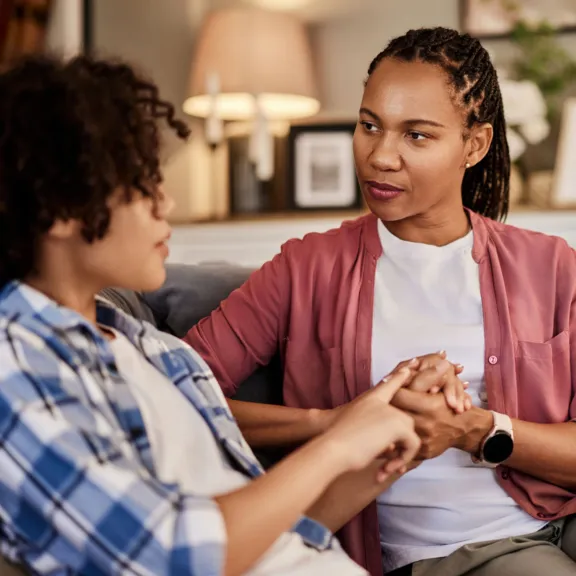
Pressure to be perfect also increases negative emotions like anxiety and is especially high among girls and teens. More…
Surgeon General Addresses Growing Stress and Mental Health Struggles Facing Parents
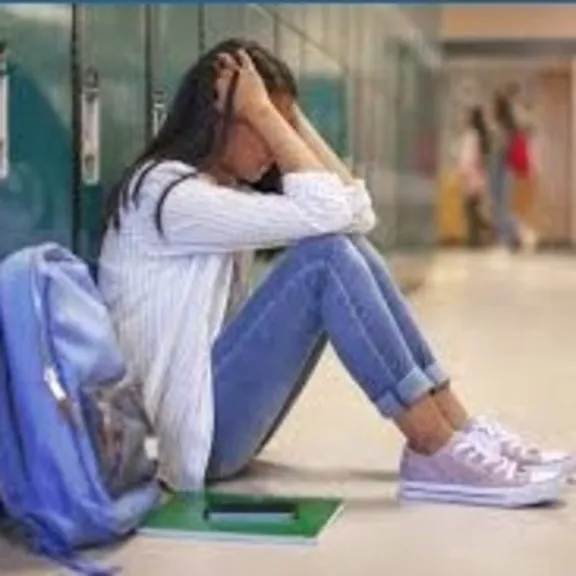
Dr. Vivek Murthy issued an advisory, saying it’s even more difficult now and it's time to recognize the stress and mental health toll associated with parenting is a serious public health concern for the country. More…
Parents and Private Schools: How to Build a Strong Partnership

When your child joins a new school, you’re joining a new community — and it’s not always easy. If you want to build a strong partnership with the school, form connections within the community, and foster family friendships, here are some ways you can get started: More…
Ready for the School Year?
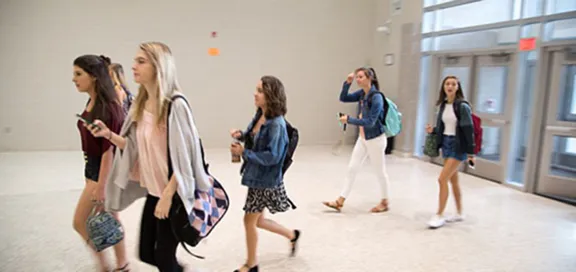
Advice from professionals on routines, health, communication with teachers, and more. More…
Open Houses: Join Us!
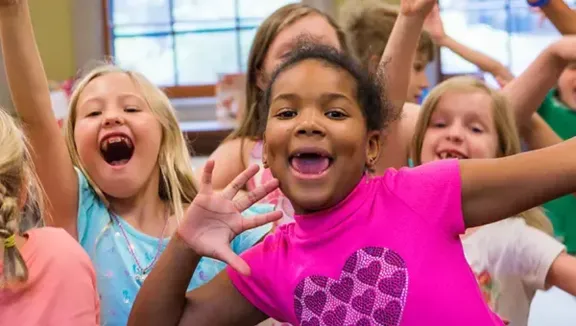
Our schools are planning a variety of in-person and virtual open house events. We look forward to meeting you! More…
Thanks to Paris 2024, my kid wants to be an Olympian. What do I do now?
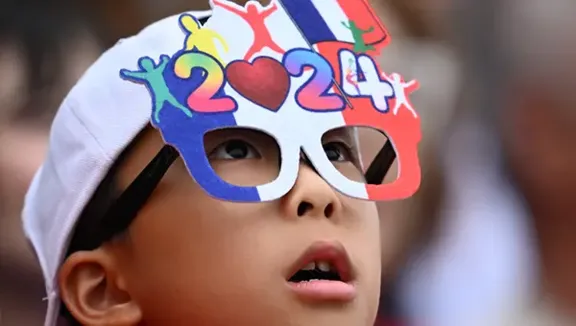
How do you help your child approach their new-found enthusiasm? More…
Future-Proof Your Teen: 5 Game-Changing School Tips for Parents
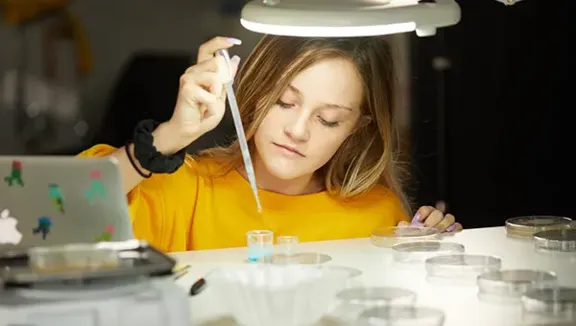
5 things parents should look for in their kids’ high school classrooms to ensure they’re ready for the world. More…
The Role of Parental Involvement in Private School Success

The role of parental involvement in a child’s education has long been acknowledged as an essential component to a student’s overall success. More…

